TMD: A Comprehensive Guide
Sep 18, 2024
TMD symptoms like ear pain and headaches are debilitating. Learn how to spot symptoms, the common causes of temporomandibular disorder, and how it's treated.
BOOK ONLINE Book online and schedule your appointment today!
800-598-7817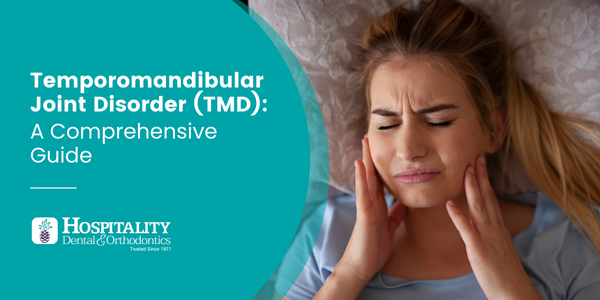
Sep 18, 2024
TMD symptoms like ear pain and headaches are debilitating. Learn how to spot symptoms, the common causes of temporomandibular disorder, and how it's treated.
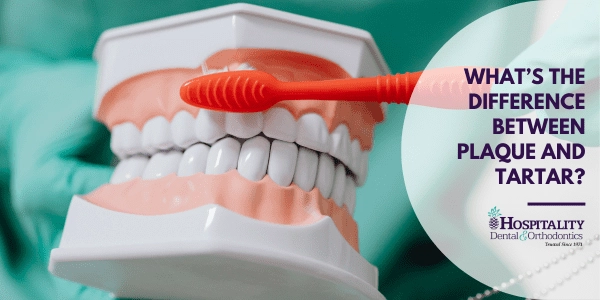
Jun 04, 2024
Learn how to fight plaque buildup, a natural bacterial process that can transform to hard-to-remove tartar and ultimately damage your oral health.
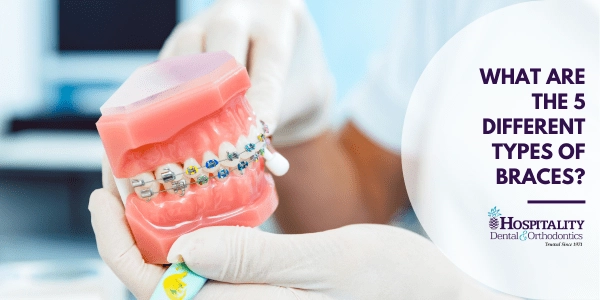
Apr 29, 2024
Considering braces? Make an informed decision. Learn about the five different types and the pros and cons of each.

Feb 29, 2024
Discover the Source of Your Child's Toothache: Common Causes, Warning Signs, Relief Methods, and Professional Treatment Options for Parents to Understand
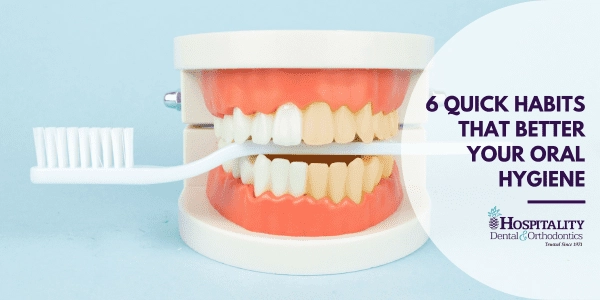
Jan 29, 2024
Implementing these six quick habits can transform your oral health, without taking up more time in your day. Learn more about building a healthy routine!

Dec 20, 2023
Learn about the impact of sleep disorders on oral health. From signs and types to potential damage, discover how dentists can play a crucial role.
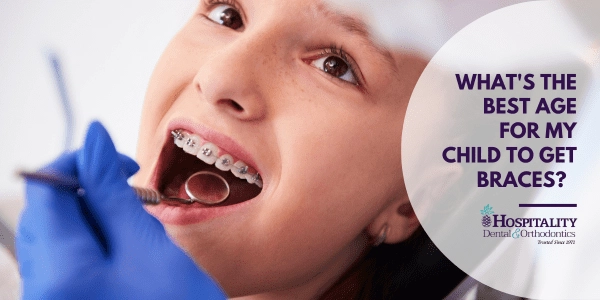
Nov 28, 2023
Choosing braces for your child at the right age. Here, we dive into the benefits of early treatment, and the lasting rewards of a healthier, straighter smile.

Oct 30, 2023
Are you preparing for a dental procedure and unsure if you should take any antibiotics? Learn more about the use of antibiotics here.
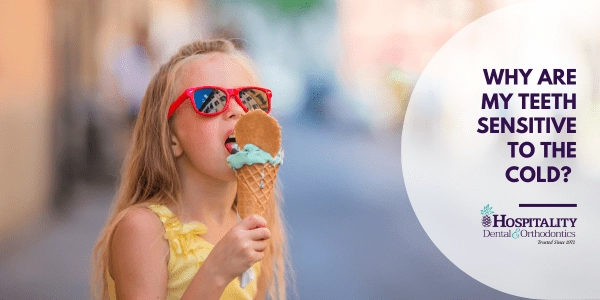
Sep 27, 2023
We decided to explore the reasons behind teeth sensitivity to the cold and offer tips on how to manage and alleviate this discomfort. Learn more!
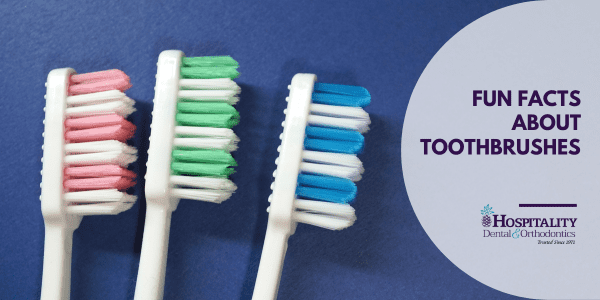
Aug 28, 2023
Discover Surprising Facts about The Toothbrush, Brushing Techniques, And More In Our Latest Article. Elevate Your Oral Care Knowledge Today!